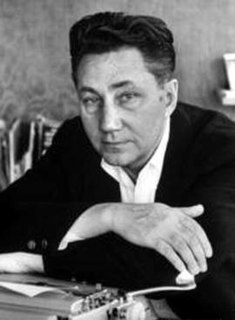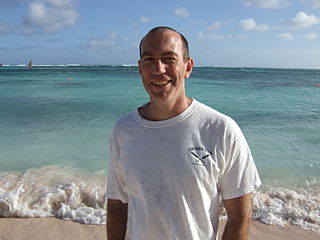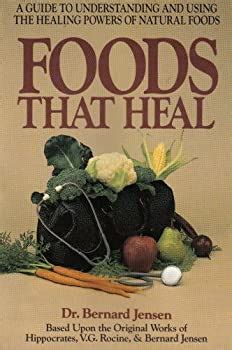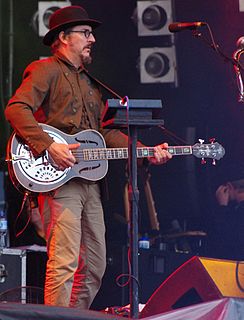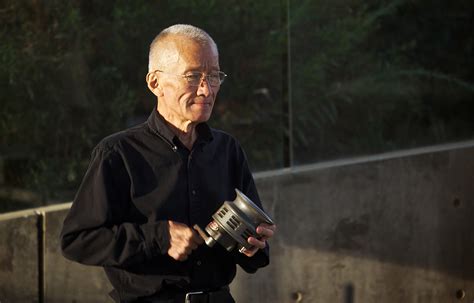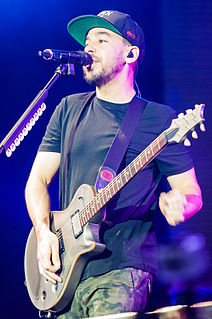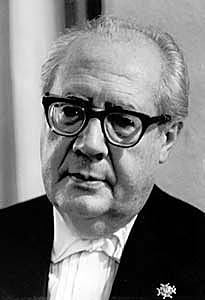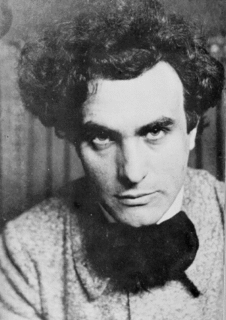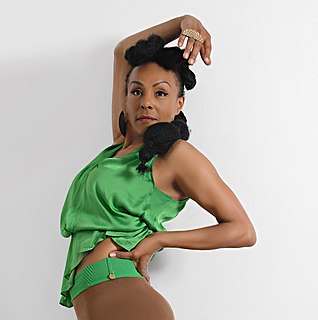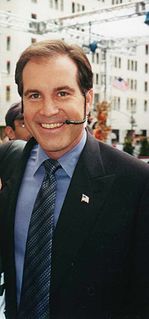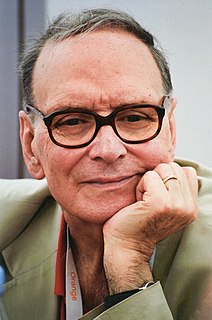A Quote by Peter De Vries
The tuba is certainly the most intestinal of instruments, the very lower bowel of music.
Related Quotes
In history, in most cultures, and at most points in time, if you want to find the most advanced technologies, you can look principally in two places. One is weapons and the other is musical instruments. My hypothesis is that instruments are usually ahead of weapons. In fact, I think you can find many examples of instruments being predecessors of weapons and very few in the reverse.
I sometimes like to think of God as a great symphony and the various spiritual paths as instruments in an orchestra. The gift that you have is like music waiting to be played. You need only to find the instrument that will best bring it out. You alone can never play all the instruments, and your music might not find voice in all the instruments. All you can do is find the instrument that suits you best, play it as well as you can, and add your music to the great symphony of divine creation.
At that time, 73 and 74, I became aware that there were a number of us making instruments. Max Eastley was a good friend and he was making instruments, Paul Burwell and I were making instruments, Evan Parker was making instruments, and we knew Hugh Davies, who was a real pioneer of these amplified instruments.
I made music on Seven the same way as on the other albums. I only used acoustic instruments... I'm looking for instruments that have vocal sounds, forgotten instruments like the guimbri... The first and second albums were about the voice, what came before. This album is about introducing those sounds into modern, Western life.
